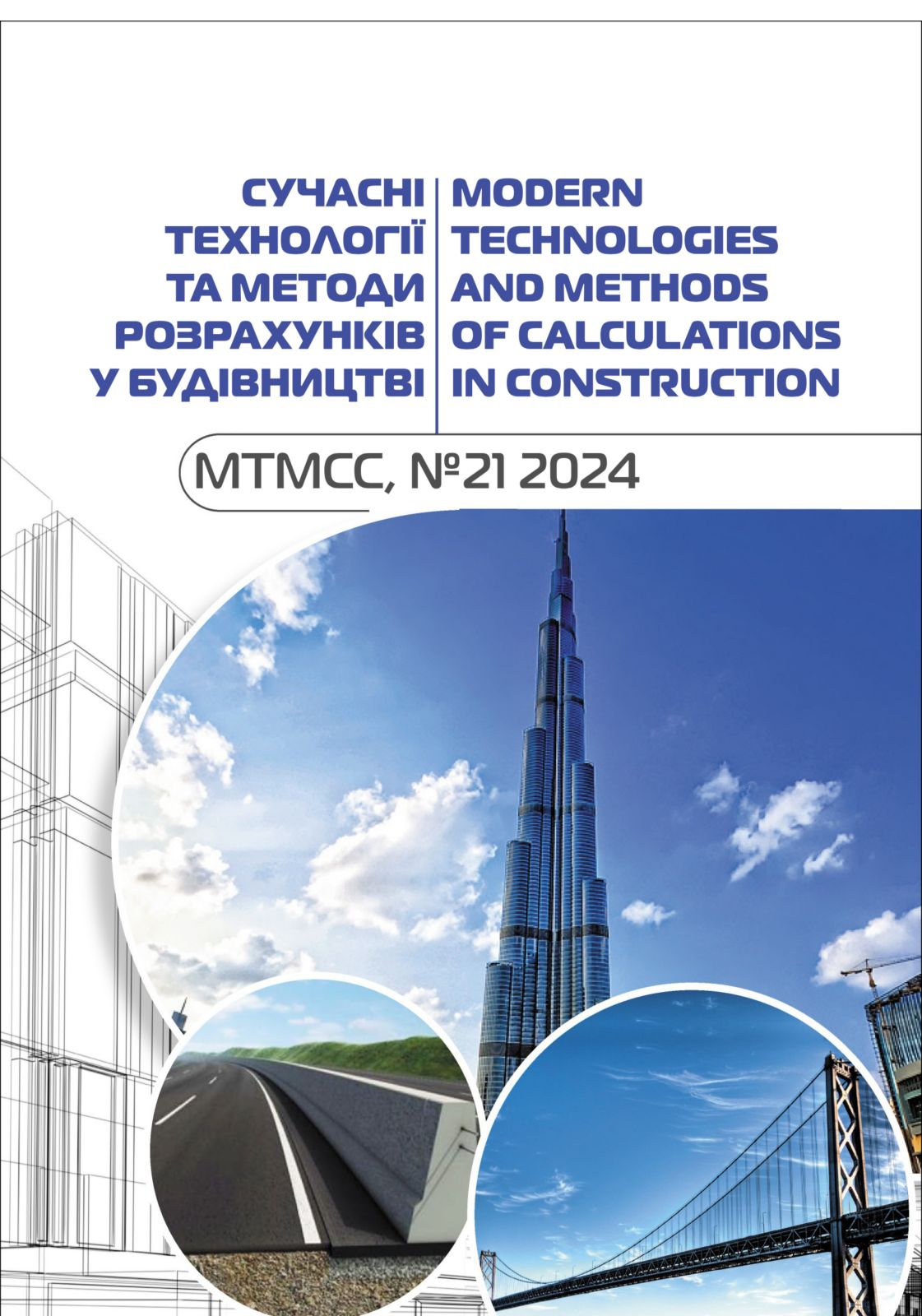Innovative methods of increasing the energy efficiency of buildings using hybrid solar collectors
Abstract
The use of new technologies in construction and the development of energy-saving properties of materials have prompted the development of effective methods for collecting solar energy and its further utilization in heating systems for buildings of various purposes. However, the collection and storage of obtained heat are accompanied by certain losses associated with climatic conditions, geographical location, structural features of solar system elements, and the correct choice of solar collector type. These issues are among the main challenges in solar energy.
These problems can be addressed through innovative integration methods by introducing new elements into the design of solar thermal converters. Experiments show that the use of hybrid solar thermal collectors is one way to increase the efficiency of widespread solar energy systems. This article examines the construction of a solar collector with circulation tubes placed on a heat-absorbing surface without transparent covering. A solar system with natural circulation of the heat transfer fluid - water is analyzed.
Based on experiments, a nomogram of the dependence between the thermal efficiency coefficient Kef, the inclination angles α and β of the hybrid solar collector, and the intensity of the radiant flux Iv has been developed. Using this nomogram, a functional dependence has been obtained, which allows for the precise determination of the thermal efficiency coefficient taking into account the input parameters. Calculations have shown that for a given inclination angle and corresponding solar radiation intensity, the value of Kef increases and can reach 50%.
These studies indicate the necessity of using hybrid solar collectors to ensure efficient collection of solar energy in various climatic conditions and emphasize the importance of further research and improvement of the design of such systems to reduce environmental pollution and enhance the stability of heating systems.








